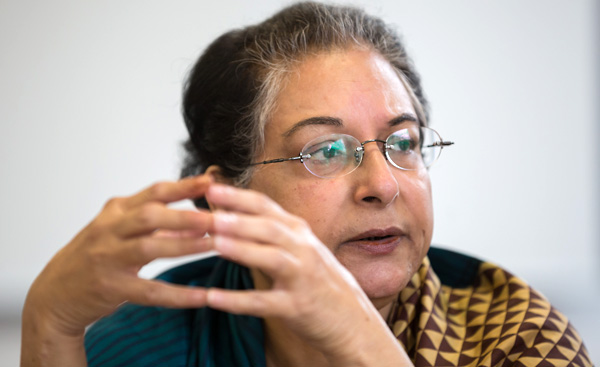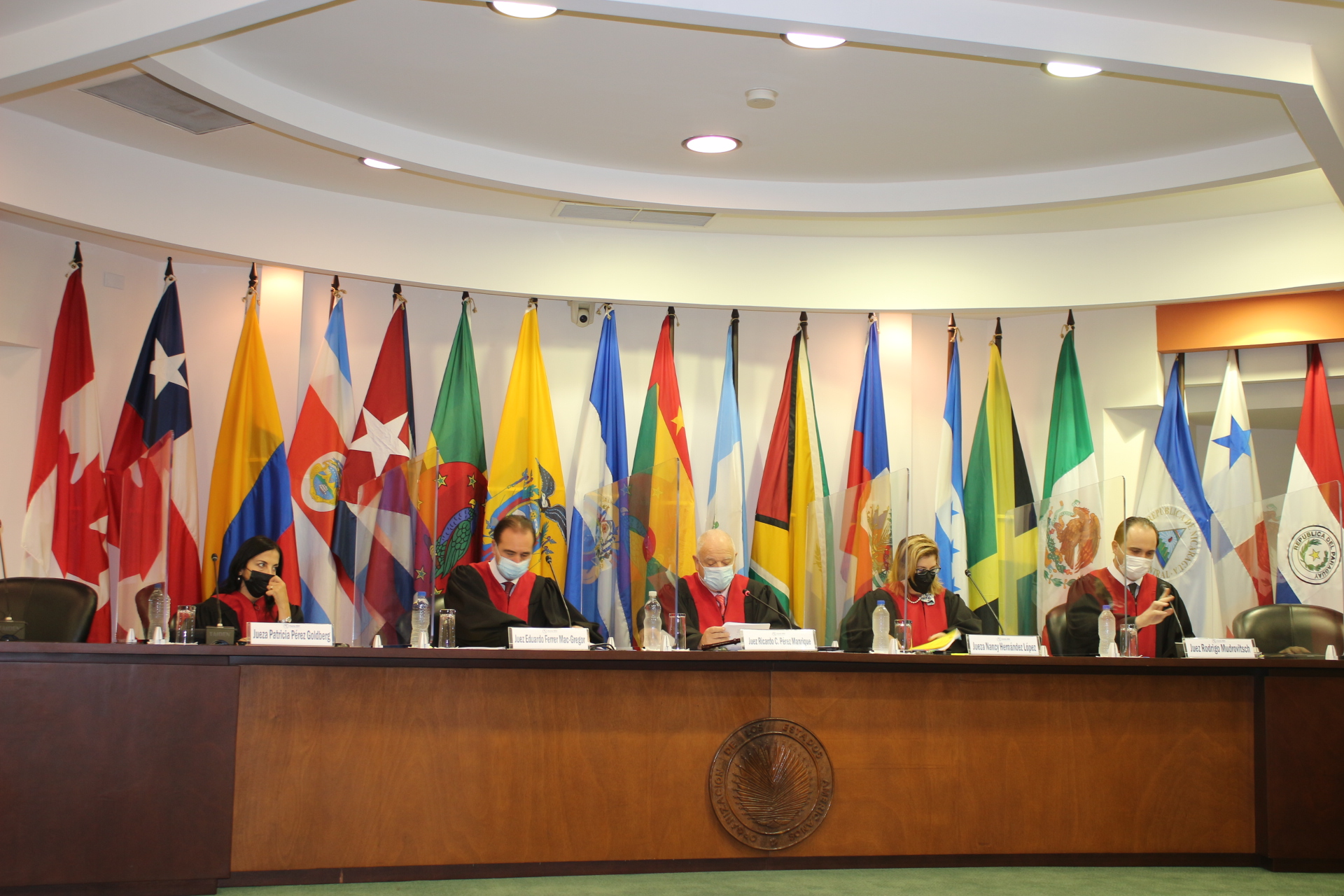With the passing of Nelson Mandela, the world has lost perhaps the greatest moral voice of our time. Mandela inspired people all across the world because he spoke to our deepest aspirations for what people could be. In leading South Africa peacefully out of apartheid – that most unjust and dehumanising of systems – he showed us the meaning of grace and compassion, of courage and pragmatism. He was a champion of human rights and human dignity.
It is perhaps both fitting and poignant that the memorial service for Nelson Mandela should fall on Human Rights Day. Taking place on the anniversary of the Universal Declaration of Human Rights every 10 December, it is a day on which we are called to think about our collective progress in securing the rights and freedoms that it defines.
As we simultaneously celebrate the life of one of the greatest human rights defenders of all, we are reminded that the struggle to realise human rights is constant and never-ending. Rights are not ‘self-executing’; without courageous people to challenge injustices and ensure that our human rights are respected, we can have the most progressive human rights laws but live under oppression. It is the individuals like Mandela who make rights meaningful, who give effect to documents and standards like the Universal Declaration.
Unrealised human rights
I am a lawyer and human rights defender. I grew up in Lahore, Pakistan, in a family where human rights was always a subject of conversation. My father was a political activist who was committed to speaking out for basic freedoms. Opposing the military regimes in the country, he was constantly put in prison for his activism. In fact, the times when he was not imprisoned by an incoming dictator after a regime change were the rare exceptions. Informed by my early experience and by my own career, I have come to see that just setting standards for human rights is not enough.
For despite the adoption of the Universal Declaration in 1948 and the development of international human rights law since then, human rights are still unrealised and violated across the world. Individuals are still imprisoned for dissenting opinions, voters are intimidated at the ballot box, and girls are prevented from going to school. Nearly seven decades since the Universal Declaration, basic human rights remain out of reach for far too many around the world.
Making rights meaningful
When I served as the UN Secretary-General’s Special Representative on Human Rights Defenders, I travelled and spoke to human rights defenders in every part of the world. From Israel and the occupied Palestinian territory to the countries of the former Yugoslavia, the women and men I encountered were united in their determination to build freer and fairer societies.
Human rights defenders come from all backgrounds and occupations. They are members of civil society groups and political movements, community leaders and journalists, and lawyers and teachers. Bridging the gap between lofty human rights agreements and the situation on the ground, they inform and educate the public on their rights, demand accountability from governments, and expose atrocities and rights violations. They carry out these activities despite being subject to harassment, detention, torture and even assassination.
Our governments have the legal obligations to respect, protect and fulfil human rights. Human rights defenders ensure that these obligations are met.
Learning from Mandela
Speaking in 1998, Mandela spoke of the sense of solidarity provided by the Universal Declaration, observing that “[f]or those who had to fight for their emancipation…the Universal Declaration of Human Rights served as the vindication of the justice of our cause.”
![]()
The anniversary of the Universal Declaration each year is rightfully a moment for celebration. Its adoption 65 years ago was historic. With a resounding voice, the member states of the newly-created United Nations proclaimed that not only was universal respect for human rights the foundation for peace, but that every individual in the world was equal in dignity and rights.
Our experience of human rights since then points to another important truth: human rights are not embodied and protected by declarations, conventions or pieces of legislation; they are embodied and protected by people. It is people who go out to claim their rights, it is people who realise their freedoms. On Human Rights Day, and every day, we pay tribute to these inspirational individuals – people like Nelson Mandela, who not only dream of a more just world, but have the courage to fight for it.
Hina Jilani is a Board member of the International Service for Human Rights and a member of The Elders. This article first appeared as an Elders Blog.




